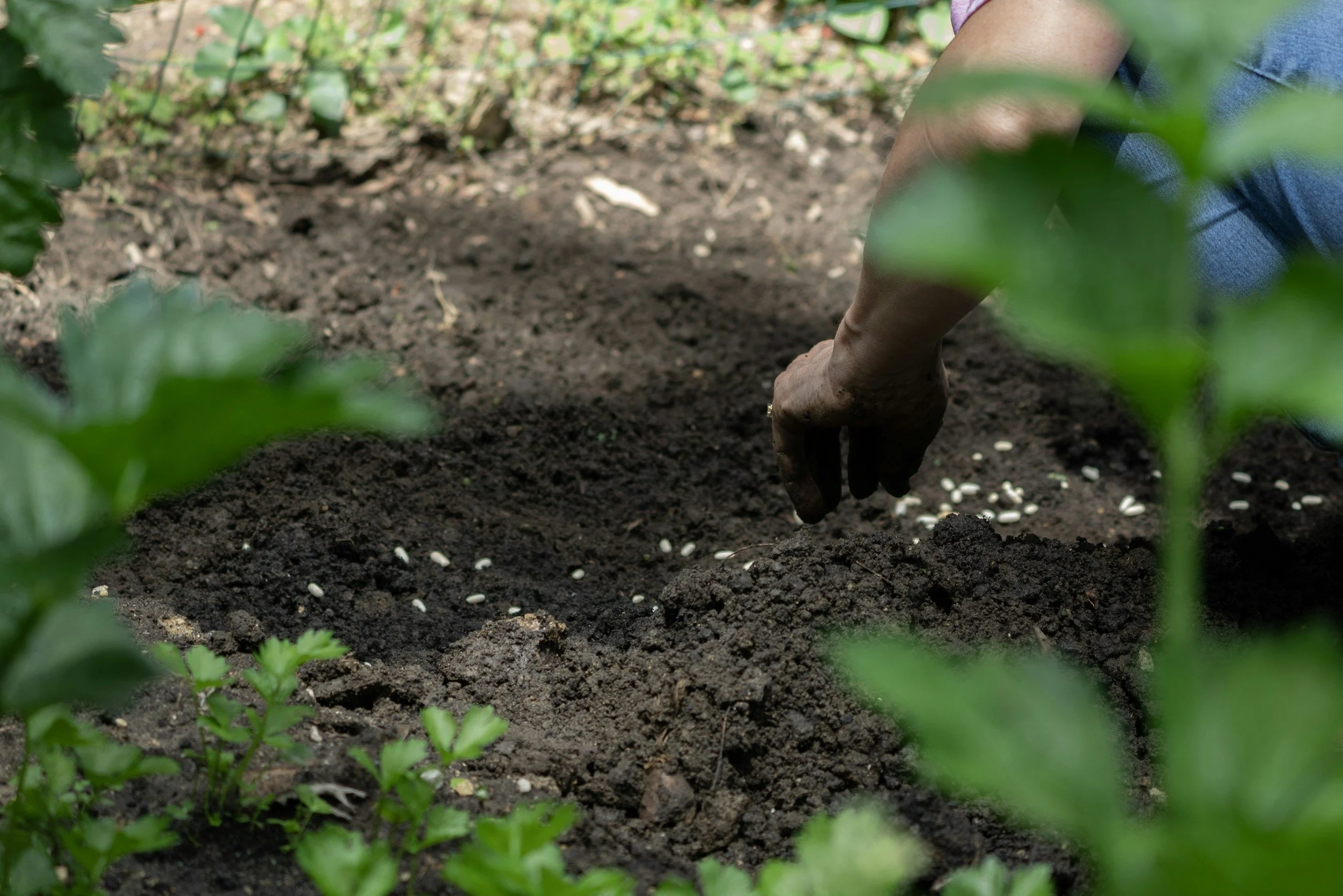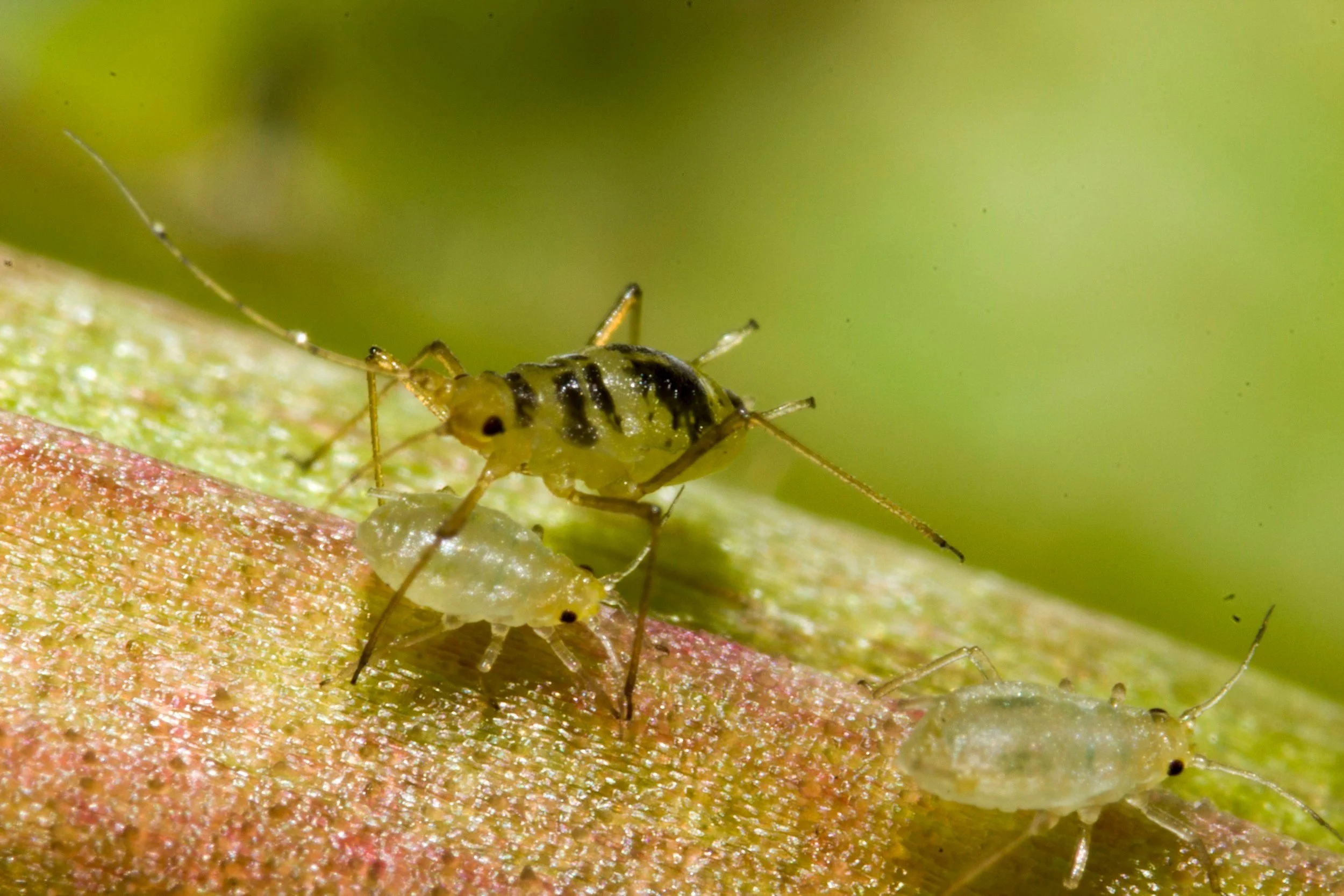Banned in Europe, But in Your Food: What You Should Know About U.S. Additives
/If you’re living in the United States, you’re likely to be eating food that contains chemicals that have been banned in Europe and other parts of the world. This is true even if you follow a “healthy” diet. Food safety regulations differ globally, but generally speaking, the European Food Safety Authority (EFSA) is a lot more cautious than the United States Department of Agriculture (USDA) and Food and Drug Administration (FDA) when it comes to approving chemicals for human consumption.
Read More












































